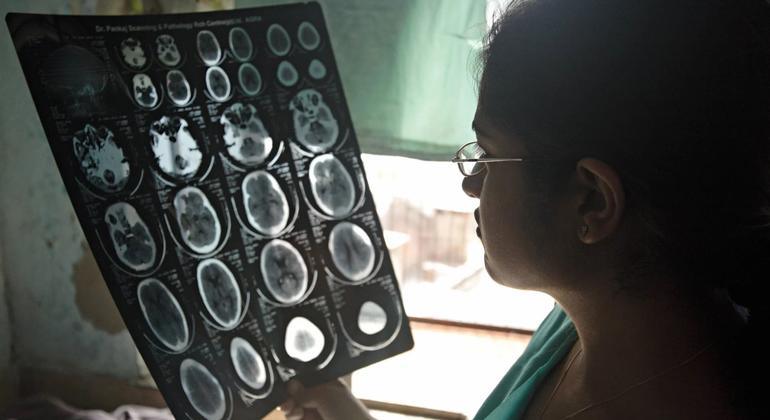More than 40 percent of the world’s population (more than three billion people) are affected by neurological diseases, according to the first WHO report on the subject.
The top 10 includes Stroke, migraine, meningitis, Alzheimer’s disease and other dementias.as well as neurological complications related to premature births, autism spectrum disorders and cancers of the nervous system.
Improve medical care
“With more than one in three people in the world living with conditions that affect their brain We must do everything we can to improve the health care they need”said Dr. Jeremy Farrar, Assistant Director-General of the WHO.
“Many of these neurological conditions can be prevented or treated effectively.however, services remain out of reach for most, especially in rural and underserved areas.”
Despite the numbers, less than one in three countries has a national policy to address the growing burden.
Lack of attention, funding and staff.
The WHO has 194 member states and only 102 contributed to the report, or 53 percent, “an indicator of the limited attention paid to neurology,” the UN agency said.
Only 63 countries, 32 percent, have a national policy on neurological disorders.and only 34 countries, 18 percent, have dedicated funds to address them.
The report found that low-income countries have more than 80 times fewer neurologists than wealthier nations.
Services out of reach of many
Additionally, essential services are out of reach for most, with only 25 percent of countries including neurological disorders in universal health coverage, while critical services such as stroke and pediatric neurology units are often missing and concentrated in urban areas.
Although neurological diseases often require lifelong care, only 46 countries offer care services and only 44 have legal protections for caregivers. As a result, Informal caregivers (who tend to be women) often have no recognition or support..
WHO urged governments to “make neurological disorders a political priority through bold leadership and sustained investment” and expand access to care through universal health coverage.
Other actions include promoting brain health and strengthening both health systems and monitoring.




